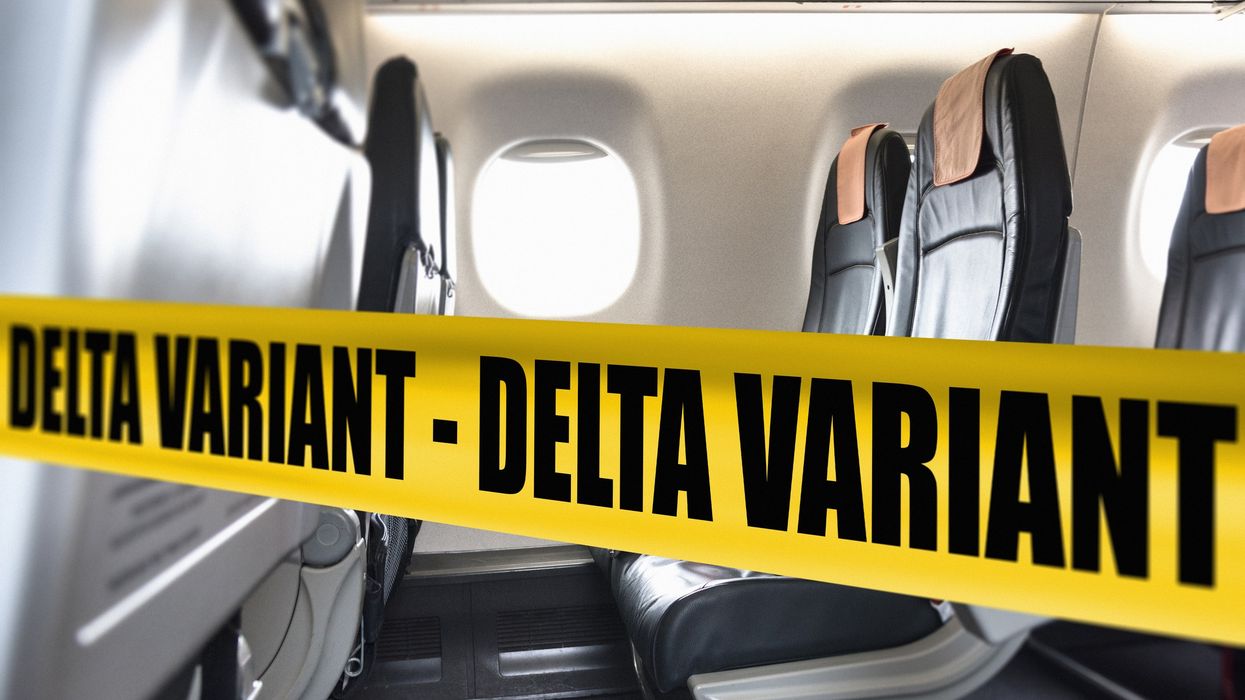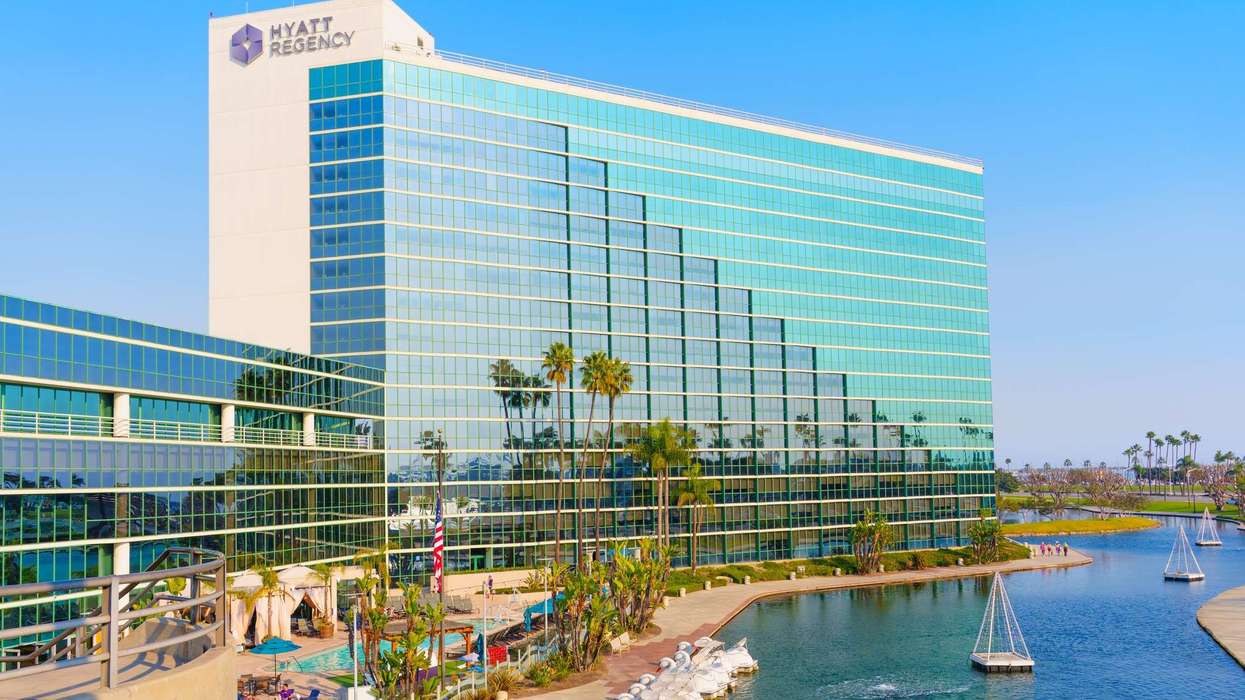THE LONG-AWAITED RETURN of business travel may be delayed as a result of the Delta variant of COVID-19, according to CBRE Hotels Research. As a result, the firm has revised its forecast for the year’s fourth and final quarter.
CBRE’s new forecast will extend into 2022 under the expectation that corporate travel budgets will remain constrained until that time. The firm said the momentum the industry developed over the summer due to a surge in leisure travel has been handicapped by Delta’s impact on business travel, leading to a “second-derivative” market condition in which the recovery continues but at a slowing pace.
“The Delta variant and increasing number of COVID infections led to delays in ‘return to office’ plans at many firms and coincided with the start of the 2022 travel-budgeting season,” said Rachael Rothman, CBRE’s Head of Hotel Research & Data Analytics. “Unfortunately, for business centric hotels, the rebound in business travel expected in September of 2021 is now delayed and will likely have a ripple effect into 2022’s corporate travel budgets.”
U.S. hotels’ annual occupancy level is now expected to reach 54 percent for the year, according to CBRE. ADR is expected to average $112.85 and RevPAR is forecast to average $60.91, a 41.7 percent increase over the annual RevPAR of $42.97 recorded in 2020. However, the RevPAR amount is 29.3 percent less than the $86.16 RevPAR posted in 2019.
CBRE said it expects convention travel to resume first in markets with low operating costs, inexpensive airline flights and relatively few health restrictions. Warm-weather markets, such as Dallas, New Orleans, San Antonio, Las Vegas and Orlando are likely to be in demand. Leisure and “bleisure” travel, which is a combination of business and leisure travel, are expected to augment the regular business travel even though 2022 corporate-travel budgets are being impacted by the Delta variant.
Occupancy is still expected to rise 8 percent in 2022 while ADR should go up 7.1 percent, leading to a 15.6 percent increase in RevPAR. Much also depends on activity in each hotel’s local markets because 75 percent to 80 percent of a hotel’s performance is dictated by local economic and market factors, according to CBRE.
“In general, Sunbelt cities and drive-to leisure destinations are expected to perform the best, while group-oriented hotels, northern markets, and global gateway cities reliant on inbound international travel are projected to lag in performance,” said Bram Gallagher, CBRE’s senior hotel economist. “The pace of recovery for business and group demand is top of mind for most hoteliers.”
Urban-core markets are expected to be most heavily impacted by the delayed return to office and the ‘great migration south’ that took place over the pandemic. Also, business travelers are expected to take fewer but longer trips to avoid flights that might expose them more to COVID. They also are expected to stay longer in leisure markets in order to incorporate “shoulder stays” that allow for leisure time after the business time.
CBRE predicts that U.S. national occupancy will approach the long-run average of 62 percent in 2023.
“However, occupancy isn’t expected to return to its lofty pre-COVID rates in the foreseeable future, given that many general managers and prioritizing rate gains despite the potential resulting drop in occupancy,” CBRE said in a statement. “CBRE anticipates that nominal ADR levels will reach the prior peak by the second quarter of 2023. On a combined basis, the improvements in ADR and occupancy should lead to a full recovery in nominal RevPAR by 2024.”
In July, CBRE predicted U.S. lodging demand will return to pre-pandemic levels by the fourth quarter of 2023.






